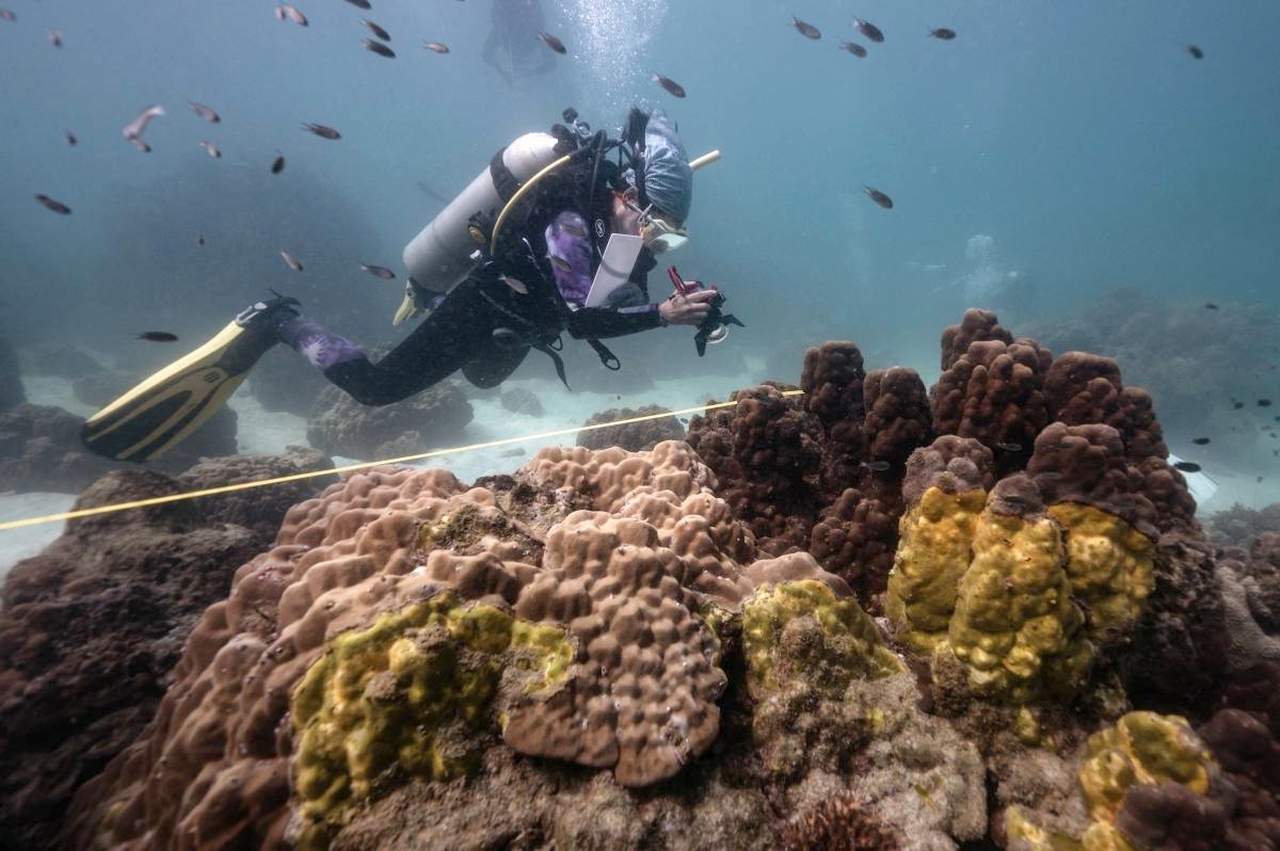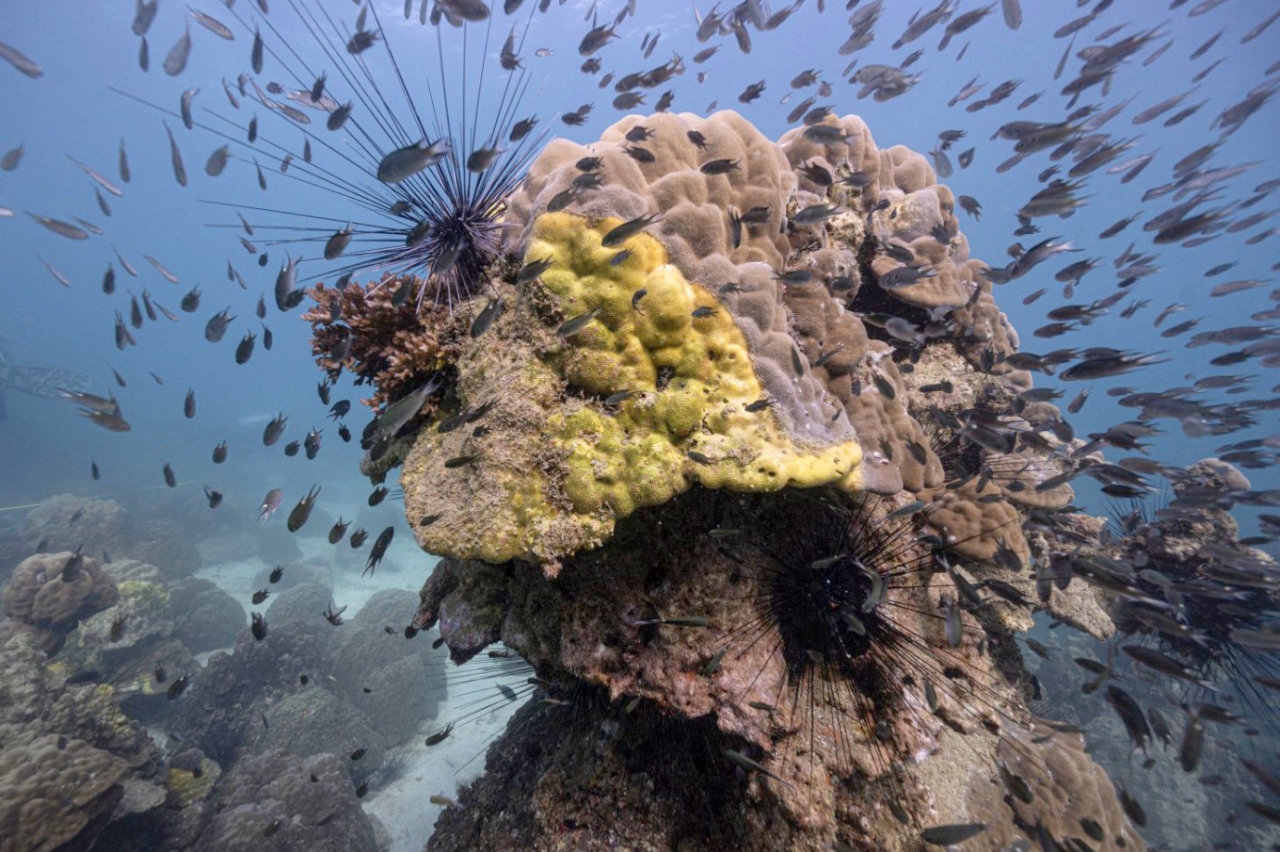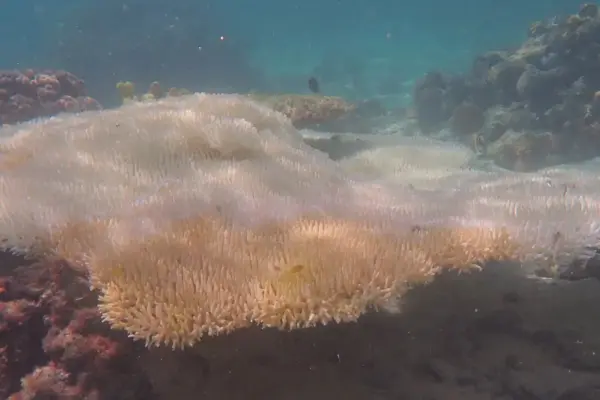Yellow-Band Disease is Killing Thailand’s Corals
Scientists say climate change is an aggravating catalyst

Image: AFP
Climate change has become a cause for so many disruptions in numerous ecosystems, especially the oceans. Ocean acidification, coral bleaching, melting sea ice, and rising sea levels are only a handful among the long list of adverse impacts of rapidly changing climate. In another blow to the world’s oceans, a rapidly spreading disease called yellow-band is killing coral reefs over a vast stretch of the sea floor off eastern Thailand. Scientists fear that climate change is aggravating the situation.
The yellow-band disease turns coral reefs yellow before damaging them. It was first documented decades ago and there is no known cure. The disease has caused irreparable damage to reefs in the Caribbean. It was first detected on Thailand’s eastern coast in 2021, near the famous tourist city of Pattaya. Over time, the disease has spread over 240 hectares of the sea bed.
According to marine scientist Lalita Putchim, of Thailand’s Department of Marine and Coastal Resources;
I haven’t seen anything like this before. Everywhere we went we saw it, and we expect to see more of it as we go. When the coral is infected with this disease, it just dies.

Image: AFP
Lalita and her team dived underwater, near Samaesan Island in the Chonburi district, to assess the damage, photographed the infected corals and harvested samples to study. Lalita says that coral reef systems are like forests that sustain massive amounts of life, and their loss could have catastrophic repercussions.
Scientists say that overfishing, ocean pollution, increasing temperatures, and climate change make reefs more susceptible to yellow-band infection. This is causing a severe loss of corals that could do irreversible damage to the ecosystem. Marine authorities are also monitoring reports of infected reefs on social media and have implored the public to report any sightings of affected reefs.
Via: Global Times


